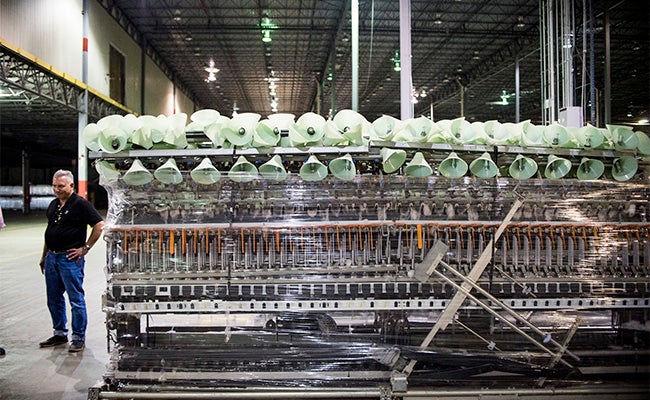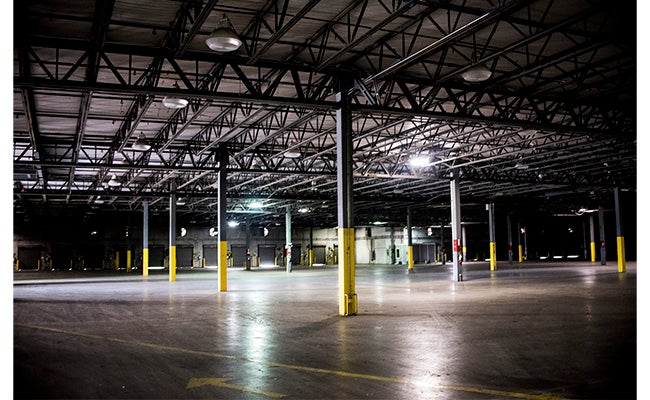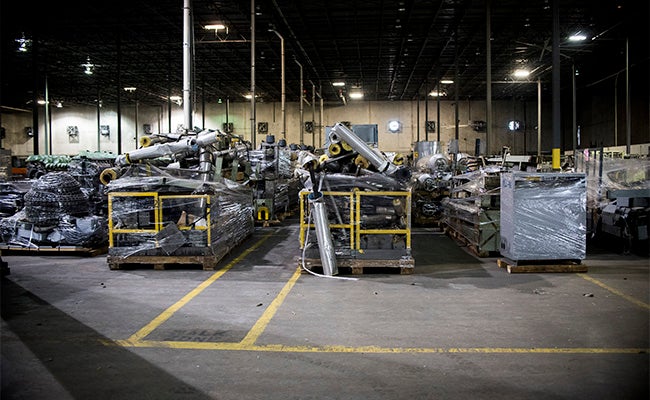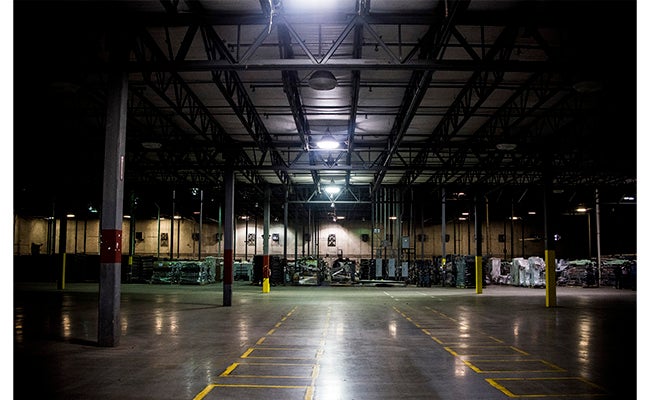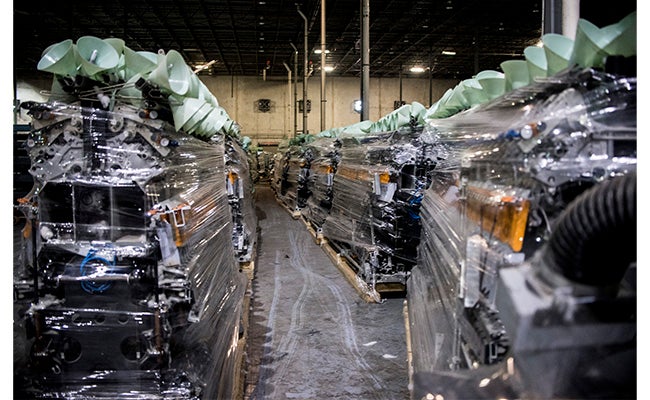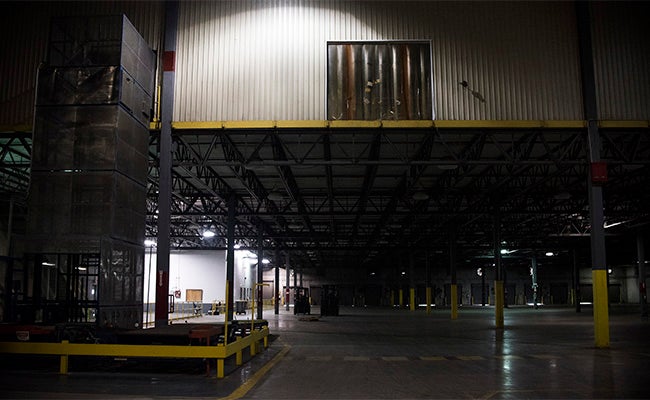Vidalia Denim working toward hiring, production later in year
Published 12:17 am Friday, July 5, 2019
VIDALIA — Vidalia Denim, an up-and-coming denim manufacturing facility announced last year, is expected to start running with a full workforce of about 300 people by February of 2020, company officials said.
One year ago, Vidalia Denim CEO Dan Feibus and Vidalia Mayor Buz Craft announced they were closing a sale on the old Fruit of the Loom factory for $12 million to make way for the new industry, which at the time had been known to the public only by the code name “Project Blue.”
Since then, Feibus said he and his team of eight staff members — including a former Fruit of the Loom Building Manager, Derrick Means — have steadily worked on improvements at the site that would allow them to have the controlled environment needed for the clean manufacturing of a sustainable denim product that is environmentally safe and does not emit wastewater.
“We’re mostly a small denim manufacturer focused on producing premium denim,” Feibus said. “We’re not interested in selling commodity denim, but we are really interested in ways of making it better … by producing it better, creating a better product and a better brand.”
Feibus said, however, the company encountered some problems with the building design when trying to create the clean air conditions needed to spin cotton properly and had an approximately seven-month setback.
With new equipment ordered that had only been developed in the past year, Feibus said their processes became more feasible.
“Our denim technology is better, I think, than most people’s in the world,” Feibus said. “We’re very fortunate that one of our partners has developed a lot of machinery, so we’ll have the first of several really innovative systems.”
Vidalia Denim has already half-filled the bottom floor of the 900,000-square-foot former Fruit of the Loom with yarn-spinning machines and other equipment.
The company, too, will soon add more machines that would clean out leaves and debris from locally grown bails of cotton, pull them into spools and later spin the yarn into finer threads that would be woven and dyed into denim fabric, said Project Leader Gokmen Kilic.
Feibus said by September more machines would fill up the facility and become operational.
The company will continue to expand and hire its first 200 workers by December who will be paid an average of $14 per hour with benefits, apart from salaried and supervisor positions, Feibus said.
“We anticipate our first trickles of production in September,” Feibus said, “and we’ll continue to slowly expand upon it as we go.”


